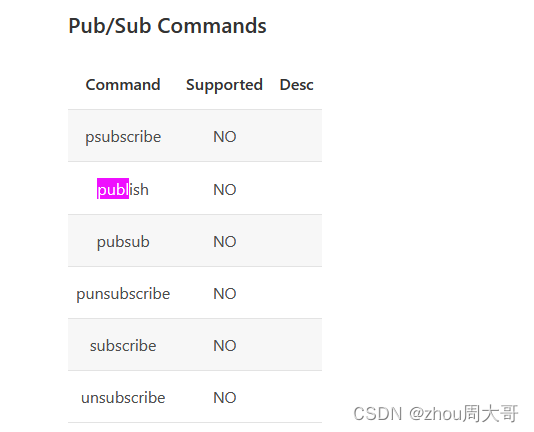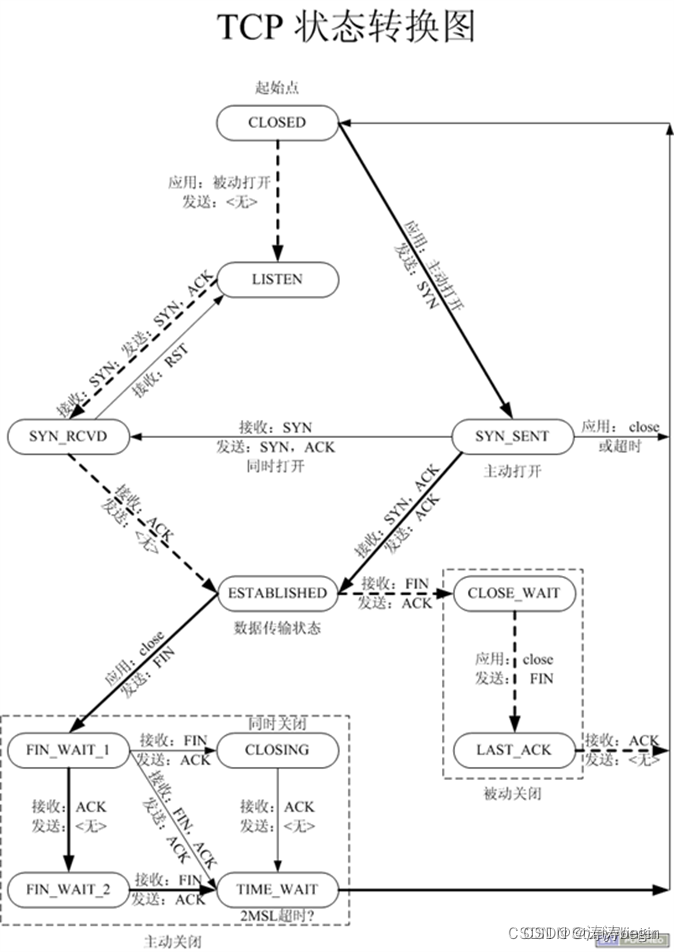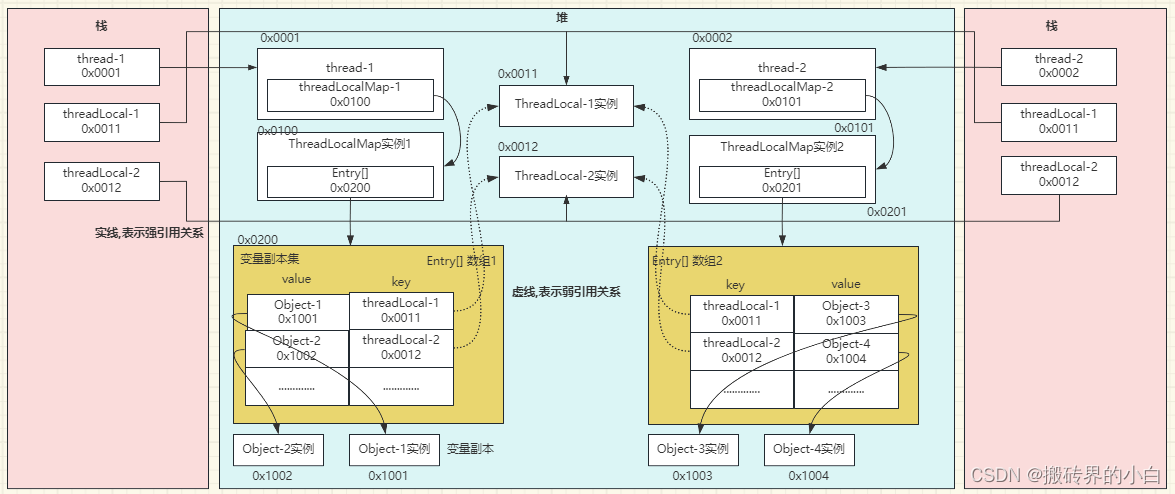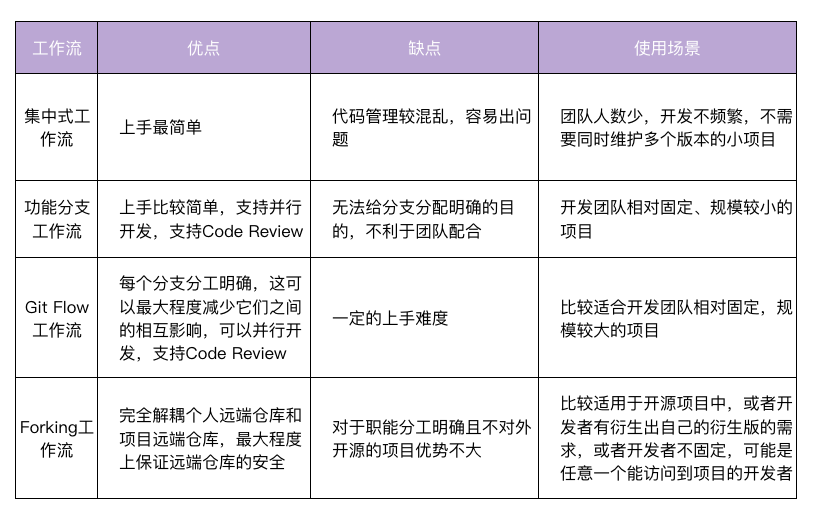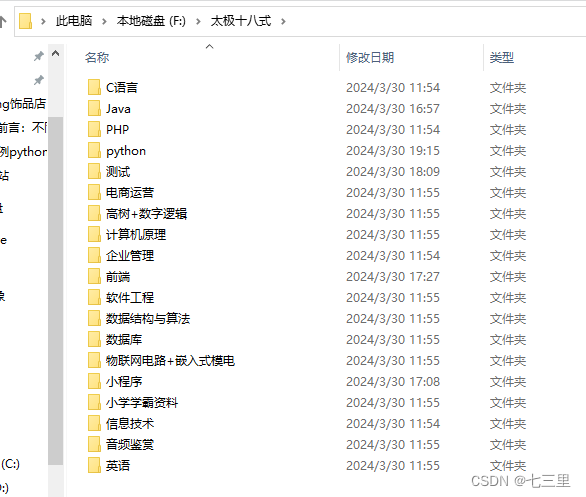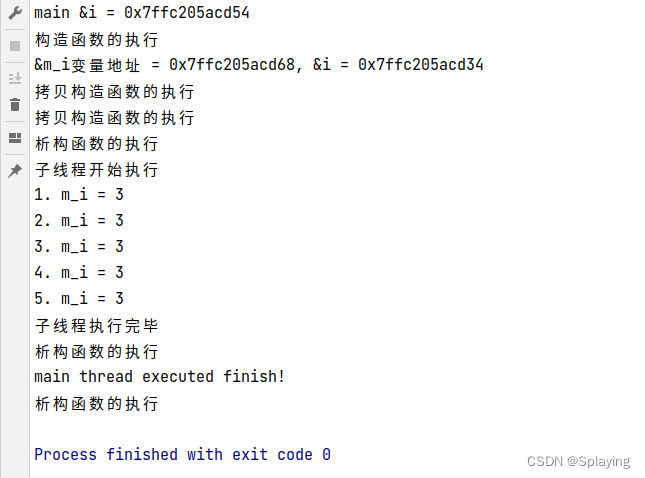nginx的负载均衡策略有六种:
1、轮询(默认策略,nginx自带策略):我上面的例子就是轮询的方式,它是upstream模块默认的负载均衡默认策略。会将每个请求按时间顺序分配到不同的后端服务器。
http {upstream lunxun_fuzai {server 192.168.1.118:8080;server 192.168.1.199:8080;}server {listen 80;#server_name www.lunxun.com;server_name ;location / {proxy_pass http://lunxun_fuzai;proxy_set_header Host $proxy_host;}}
}2、weight(权重,nginx自带策略):指定轮询的访问几率,用于后端服务器性能不均时调整访问比例。
http {upstream lunxun_fuzai {server 192.168.0.118:80 weight=7;server 192.168.0.116:80 weight=2;}server {listen 81;server_name www.lunxun.com;location / {proxy_pass http://lunxun_fuzai;proxy_set_header Host $proxy_host;}}
}
3、ip_hash(依据ip分配,nginx自带策略):指定负载均衡器按照基于客户端IP的分配方式,这个方法确保了相同的客户端的请求一直发送到相同的服务器,可以解决session不能跨服务器的问题。
http {upstreamlunxun_fuzai {ip_hash;server 192.168.0.118:80;server 192.168.0.116:80;}server {listen 81;server_name www.lunxun.com;location / {proxy_pass http://lunxun_fuzai;proxy_set_header Host $proxy_host;}}
}
4、least_conn(最少连接,nginx自带策略):把请求转发给连接数较少的后端服务器。
http {upstreamlunxun_fuzai {#把请求转发给连接数比较少的服务器least_conn;server 192.168.0.118:80;server 192.168.0.116:80;}server {listen 81;server_name www.lunxun.com;location / {proxy_pass http://lunxun_fuzai;proxy_set_header Host $proxy_host;}}
}
5、fair(第三方):按照服务器端的响应时间来分配请求,响应时间短的优先分配。
http {upstreamlunxun_fuzai {fair;server 192.168.0.118:80;server 192.168.0.116:80;}server {listen 81;server_name www.lunxun.com;location / {proxy_pass http://lunxun_fuzai;proxy_set_header Host $proxy_host;}}
}
6、url_hash(第三方):该策略按访问url的hash结果来分配请求,使每个url定向到同一个后端服务器,需要配合缓存用。
http {upstreamlunxun_fuzai {hash $request_uri;server 192.168.0.118:80;server 192.168.0.116:80;}server {listen 81;server_name www.lunxun.com;location / {proxy_pass http://lunxun_fuzai;proxy_set_header Host $proxy_host;}}
} 
